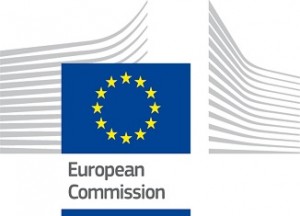
One year after adopting its Circular Economy Package, the Commission has reported on delivery and progress to date, and tabled new ideas on waste management and investment.
One year after adopting its Circular Economy Package, the Commission today reports on the delivery and progress of key initiatives of its 2015 Action Plan. In the last year the Commission has taken measures in areas such as waste, ecodesign, food waste, organic fertilisers, guarantees for consumer goods, and innovation and investment. Circular economy principles have been gradually integrated in industrial best practices, green public procurement, the use of cohesion policy funds, and through new initiatives in the construction and water sectors.
Together with the report, the Commission also took further measures by establishing a Circular Economy Finance Support Platform with the European Investment Bank (EIB) bringing together investors and innovators, issued guidance to Member States on converting waste to energy, proposed a targeted improvement of legislation on certain hazardous substances in electrical and electronic equipment.
Building a circular economy for Europe is a key priority for the Commission. Building on the achievements of the Juncker Investment Plan, the Commission is again working with the EIB to match investors with innovators, with a goal of upscaling investment, both public and private, in the circular economy. The new business models may require new, innovative ways of financing, and the new Platform is intended to raise awareness of the circular economy’s potential and draw in more funding.
The Commission’s ‘waste-to-energy’ Communication provides guidance for Member States to achieve the right balance of waste-to-energy capacity, while highlighting the role of the waste hierarchy which gives top priority to preventing and recycling of waste.
The targeted improvements to existing legislation on hazardous waste will boost the second-hand market and repair of electrical and electronic equipment. It is estimated that these changes will prevent more than 3000 tonnes of hazardous waste per year in the EU, and enable savings of energy and raw materials. In the health sector alone, an estimated EUR 170 million in healthcare costs could be saved.
Source: ec.europa.eu

